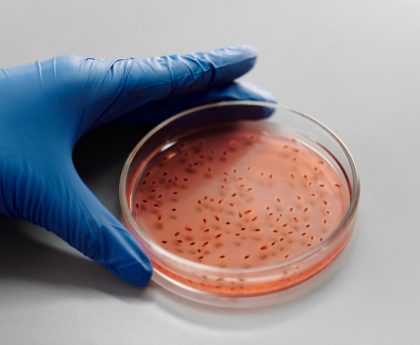Gut health has emerged as a crucial aspect of overall well-being, with increasing research highlighting its profound impact on various aspects of health, from digestion to immunity and even mental health. In this blog post, we’ll delve into why gut health is important and explore five of the best foods you can incorporate into your diet to support optimal gut health.
Why Gut Health is Important?
Digestion and Nutrient Absorption
Your Gut is like a centre of your body where main function happens and it is responsible for absorption of. A healthy gut ensures efficient digestion and absorption, allowing your body to extract essential vitamins, minerals, and other nutrients from the foods you eat.
Immune Function
Did you know that a significant portion of your immune system resides in your gut? A well-balanced gut microbiome helps regulate immune function, protecting you from harmful pathogens and reducing the risk of infections and autoimmune diseases.
Mental Health
The gut-brain axis is a bidirectional communication system between the gut and the brain. Emerging research suggests that gut health influences mood and mental health, with imbalances in the gut microbiota linked to conditions such as depression, anxiety, and stress.
Inflammation and Disease Risk
Chronic inflammation in the gut has been associated with various health problems, including inflammatory bowel diseases (IBD), irritable bowel syndrome (IBS), and even metabolic disorders like obesity and type 2 diabetes. Maintaining a healthy gut can help reduce inflammation and lower the risk of these conditions.
Overall Well-being
A healthy gut contributes to overall vitality and well-being, supporting energy levels, sleep quality, and skin health. By prioritizing gut health, you can enhance your overall quality of life and reduce the risk of chronic diseases.
5 Best Foods for Your Gut:
Fermented Foods
Fermented foods like yogurt, kefir, kimchi, sauerkraut, and kombucha are rich in beneficial probiotics, which help populate the gut with healthy bacteria. Including these foods in your diet can promote a diverse and balanced gut microbiome.
Fiber-Rich Foods
Incorporate plenty of fiber-rich foods such as fruits, vegetables, whole grains, legumes, and nuts to support digestive health and regularity.
Prebiotic Foods
Foods high in prebiotics include garlic, onions, leeks, asparagus, bananas, and Jerusalem artichokes.
Omega-3 Fatty Acids
Omega-3 fatty acids, found in fatty fish like salmon, mackerel, and sardines, as well as walnuts, flaxseeds, and chia seeds, have anti-inflammatory properties that can help maintain gut health and reduce inflammation.
Bone Broth
Bone broth is rich in collagen, gelatin, and amino acids like glutamine, which are beneficial for gut lining integrity and repair. Incorporating homemade or high-quality bone broth into your diet can support gut health and healing.






